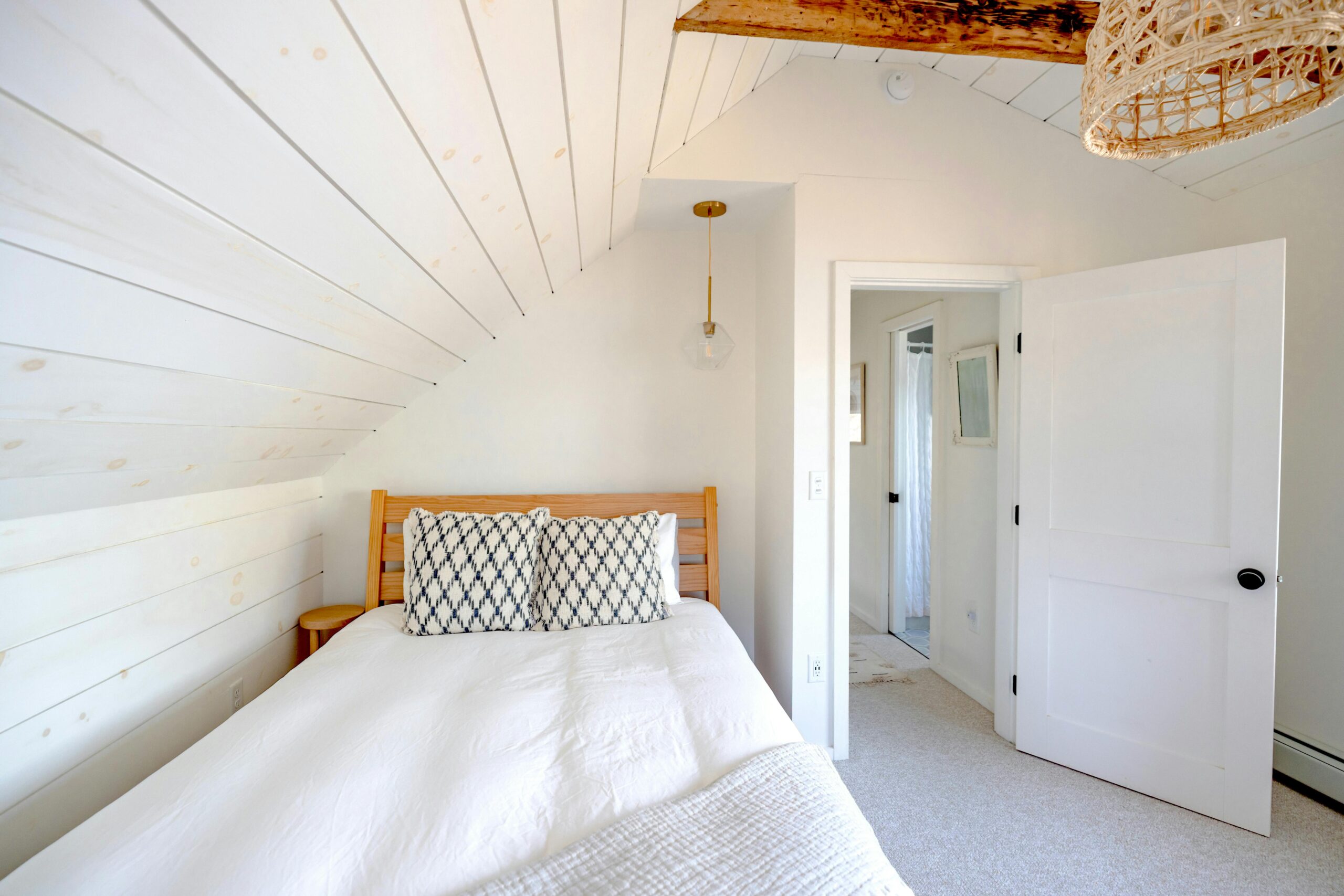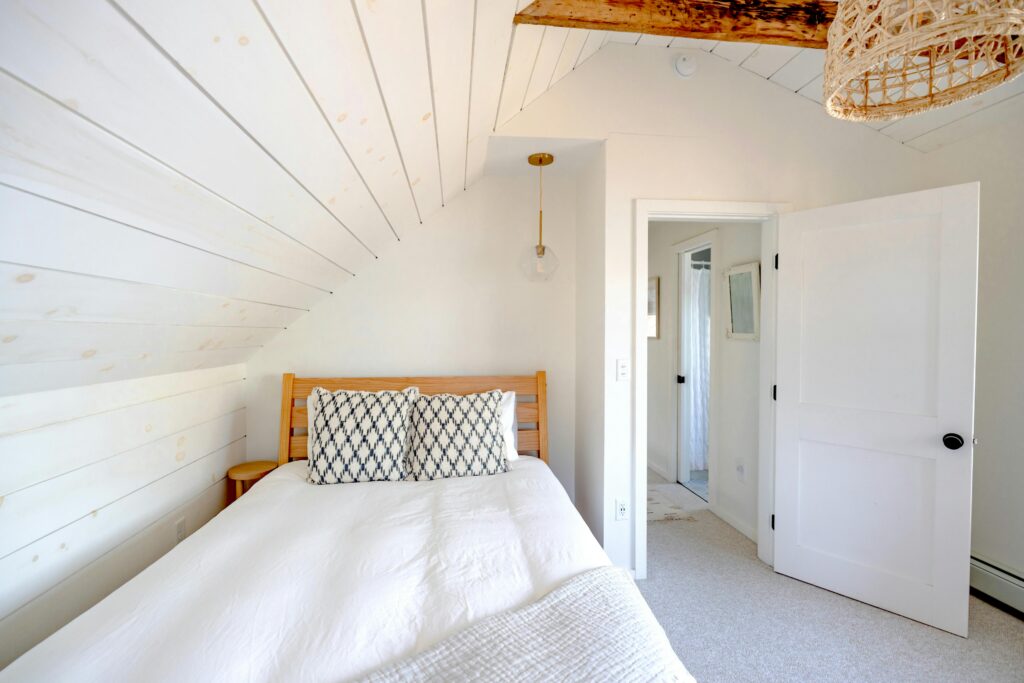If you’re thinking about renting out your holiday home, or if you’ve been doing it for a while on a site like Vrbo, you might be wondering how to get more bookings. It’s a bit like running a small shop: you could stay on a quiet side street and wait for customers to find you, or you could set up shop right in the middle of the bustling high street where everyone is shopping.
In the world of UK holiday rentals, the “high street” is a mix of different websites. While Vrbo is a fantastic place to start, a truly successful and secure business doesn’t rely on just one. A smart plan is to list your property on a few different sites. This is called a “multi-channel strategy,” and it’s how top hosts get the most out of their properties.
This guide is for everyone—from first-timers with a lovely cottage in the Cotswolds to experienced pros managing several city flats in London. We’ll show you why listing on more than one site is so important. We’ll also break down the top websites you should be on, look at some smaller, special platforms, and talk about the best way to run your business for the long term.
Why You Shouldn’t Stick to Just One Site
Why bother with the extra work of listing on more than one website? Well, imagine if something went wrong with your one and only listing. Maybe the platform changes its rules, raises its fees, or its website goes down for a day. Suddenly, your business could be in trouble. By spreading your listings out, you protect yourself from these kinds of surprises.
Another big reason is that different websites attract different types of guests. A family looking for a big house in Cornwall for a summer holiday might go straight to Vrbo. But a group of friends wanting a last-minute weekend away in Brighton might start their search on Airbnb.
And a business traveller flying into Manchester needing a quick, easy place to stay might check Booking.com first. By only listing on one site, you’re missing out on a huge number of potential guests.
Finally, showing up on several websites makes your property look more professional and trustworthy. When guests see your place on a few different sites, it builds confidence and makes them more likely to book.
The Big Three: A Look at the Main Players
While many websites are out there, three big names rule the holiday rental market: Vrbo, Airbnb, and Booking.com. Each has its own strengths, its own fees, and its own audience.
Here’s a quick comparison to help you choose what’s best for your home.
| Feature | Vrbo | Airbnb | Booking.com |
| Who Books Here? | Mainly families and big groups. They look for whole houses for a proper holiday. | A wide mix of people—from solo travellers to families and couples. | Lots of international, last-minute, and business travellers. |
| What Can You List? | Only entire homes (flats, cottages, villas, etc.). | Entire homes, private rooms in your home, shared rooms, and even “Experiences.” | All kinds of places, from holiday rentals to hotels and B&Bs. |
| Host Fees (Pay-per-booking) | A mix of an 8% commission (5% commission + 3% payment processing) or a flat annual subscription fee of around £396. | You pay a small fee (usually 3%) and the guest pays a bigger fee (up to 14.2%). | You pay the full commission, which starts at around 15% but the guest pays nothing extra. |
| Payment Timing | You get paid a few days after the guest checks in. | You get paid about a day after the guest checks in. | Payouts are often sent once a month, though some hosts can get them more often. |
| Key Benefit | Great for families who want to book a whole place. | Very popular, so you get lots of visitors to your listing. | Huge global audience; you can compete with hotels for bookings. |
Note: Fee structures can change, so always check the official websites for the latest information.
Vrbo: Perfect for Families
Vrbo is a long-standing and trusted brand in the holiday rental world. Because they focus only on entire homes, guests know exactly what they’re getting: a private place all to themselves. Their fee structure is clear, and if you rent out your property a lot, their annual subscription might even save you money.
Airbnb: The Go-To Name
Everyone knows Airbnb, right? It’s the biggest name and its users are incredibly diverse. One of its big pluses for UK hosts is that you can list a single room in your home if you don’t have a whole house to rent out. The fee structure can be a bit confusing at first, but since it attracts so many people, it’s a must-have for almost any host.
Booking.com: Your Link to the World
Although it’s famous for hotels, Booking.com is a powerful tool for holiday rentals, especially in Europe. Its biggest benefit is its massive, global reach. When you list your property here, you can attract people from all over the world. The commission is higher, but there are no extra fees for the guest. This often makes your property more appealing to people who are just looking for the best price, which can lead to more bookings.
Look at Niche Sites and Your Own Website
While the “Big Three” are essential, a smart UK host also looks at smaller, more specialised websites that are perfect for a certain type of property.
For example, if you have a stunning, high-end apartment in London, you might find the perfect guests on a site like Plum Guide, which only lists the very best properties. Or, if you have a charming, dog-friendly cottage in the Lake District, you might get a lot of bookings from a specific site like Canine Cottages that focuses on pet-friendly places. These sites might charge more in fees, but they send you guests who are specifically looking for what you offer.
The ultimate goal for any serious host, though, is to have their very own direct booking website. This is the best way to get full control of your business. You get to keep all the money from the booking (no fees!), you set your own rules for things like cancellations and check-in times, and you can build a direct relationship with your guests so they book with you again and again. You don’t need to be a tech genius to do this. There are easy-to-use tools that let you create a professional-looking website in no time.
One Crucial Tip to Make It Easy
Managing your listings on different websites might sound like a lot of work. How do you make sure you don’t accidentally book a guest on Airbnb for the same weekend someone just booked on Vrbo?
The answer is a channel manager. This is a simple piece of software that works like your personal assistant. It connects all your calendars together. When a booking comes in from one site, it instantly blocks those dates on all the others. A good channel manager also helps you update prices and send messages to guests, saving you hours of time and making your life much easier.
Final Thoughts
In the ever-changing UK holiday rental market, success comes from being smart and prepared. By using a mix of websites and aiming to get your own direct booking site, you’ll be building a business that’s not only more profitable but also much more secure for the long run. Don’t limit yourself—open your doors to the world.









